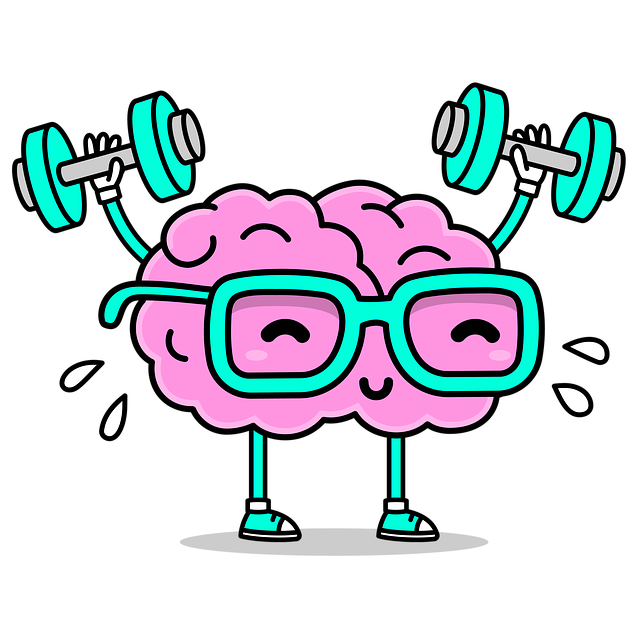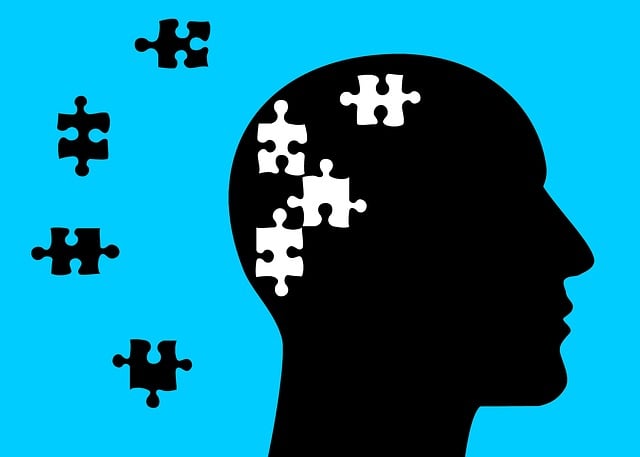Cultural competency in healthcare, crucial for equitable care in diverse patient populations, particularly those seeking Castle Rock ADD-ADHD evaluations and therapy, involves understanding cultural differences, adapting services, and recognizing unique mental health manifestations. By incorporating sensitivity training, providers improve patient engagement, build trust, and enhance outcomes, benefiting marginalized communities through inclusive Mental Health Education Programs. This holistic approach, including crisis intervention, conflict resolution, and burnout prevention, leads to better healthcare quality for ADHD treatment seekers in Castle Rock and beyond. Ongoing support, Community Outreach, and effective communication strategies are vital for maintaining and measuring this cultural competency.
“Cultural competency in healthcare is more than a buzzword; it’s an essential tool for delivering equitable, effective care. This comprehensive guide explores the significance of cultural competency training for healthcare providers, highlighting its impact on patient outcomes, especially in managing conditions like ADD/ADHD. We delve into the transformative power of Castle Rock ADD-ADHD Evaluations Therapy as a case study, showcasing how targeted training can equip professionals to navigate diverse patient backgrounds and provide culturally sensitive care. Read on to discover strategies for implementing and measuring lasting change.”
- Understanding Cultural Competency in Healthcare: Why It Matters and Who Needs It
- The Impact of Training: Equipping Providers for Effective Care with Castle Rock ADD-ADHD Evaluations Therapy
- Implementing and Measuring Change: Strategies for Sustaining Cultural Competency in Practice
Understanding Cultural Competency in Healthcare: Why It Matters and Who Needs It

Cultural competency in healthcare is a vital aspect that ensures quality and equitable care for all patients, regardless of their cultural background, race, or ethnicity. It involves understanding and respecting diverse beliefs, values, and practices within different communities, and modifying healthcare services to meet individual needs. In today’s diverse society, where many individuals from various cultural groups seek medical assistance, this competency is more crucial than ever.
Healthcare providers, including therapists and evaluators specializing in Castle Rock ADD-ADHD evaluations, must be culturally competent to deliver effective treatment and support. This includes recognizing that mental health issues and their manifestations can vary across cultures, and that traditional therapy techniques might need adaptation. By incorporating cultural sensitivity into practice, these professionals can improve patient engagement, build trust, and enhance outcomes, especially for marginalized communities. Moreover, training in this area promotes the design of inclusive Mental Health Education Programs, facilitates Coping Skills Development, and contributes to overall improved mood management for all patients.
The Impact of Training: Equipping Providers for Effective Care with Castle Rock ADD-ADHD Evaluations Therapy

Cultural competency training is an essential component of modern healthcare, enabling providers to offer effective and empathetic care to a diverse range of patients. When coupled with specialized Castle Rock ADD-ADHD Evaluations Therapy, this training takes on added significance. By equipping healthcare providers with the knowledge and skills to navigate cultural nuances, they become better equipped to address the unique needs of individuals with Attention Deficit Hyperactivity Disorder (ADHD).
This holistic approach goes beyond basic medical care; it includes Crisis Intervention Guidance, Conflict Resolution Techniques, and Burnout Prevention strategies. These tools not only facilitate more productive patient-provider interactions but also foster an environment where patients feel heard and understood. As a result, the overall quality of healthcare delivery improves, leading to better outcomes for those seeking treatment for ADHD in Castle Rock or beyond.
Implementing and Measuring Change: Strategies for Sustaining Cultural Competency in Practice

Implementing and measuring change is key to sustaining cultural competency in healthcare practices. After initial training, ongoing support and regular self-Awareness Exercises can help professionals maintain their cultural sensitivity. These exercises encourage reflection on personal biases and preconceptions, allowing for continuous growth and adaptation.
To further strengthen cultural competency, healthcare providers can actively participate in Community Outreach Program Implementations. Engaging with diverse communities fosters a deeper understanding of unique cultural needs and perspectives. Effective communication strategies, honed through practice and feedback, are essential tools to bridge cultural gaps during patient interactions, particularly when addressing complex issues like Castle Rock ADD-ADHD evaluations and therapy.
Cultural competency training, such as Castle Rock ADD-ADHD Evaluations Therapy, is not just a benefit; it’s an imperative for modern healthcare. By equipping providers with the skills to understand and respect diverse cultural backgrounds, we can ensure equitable care for all patients. Implementing these strategies not only improves patient outcomes but also fosters a more inclusive healthcare environment. In light of the above, it’s crucial that healthcare organizations prioritize cultural competency training as a sustainable practice, ultimately revolutionizing how care is delivered.









